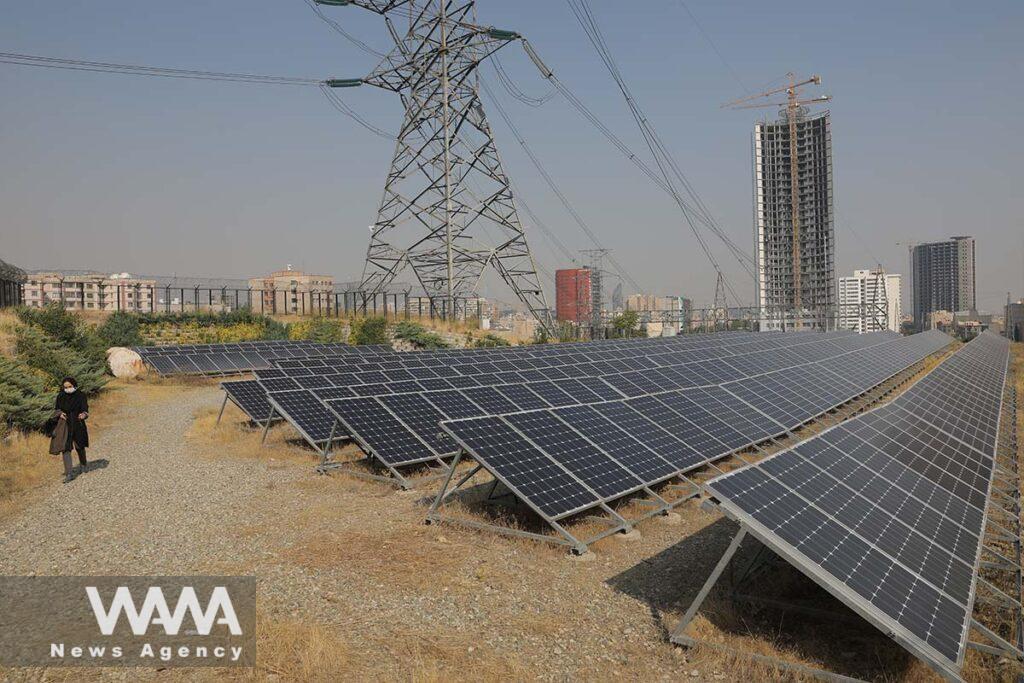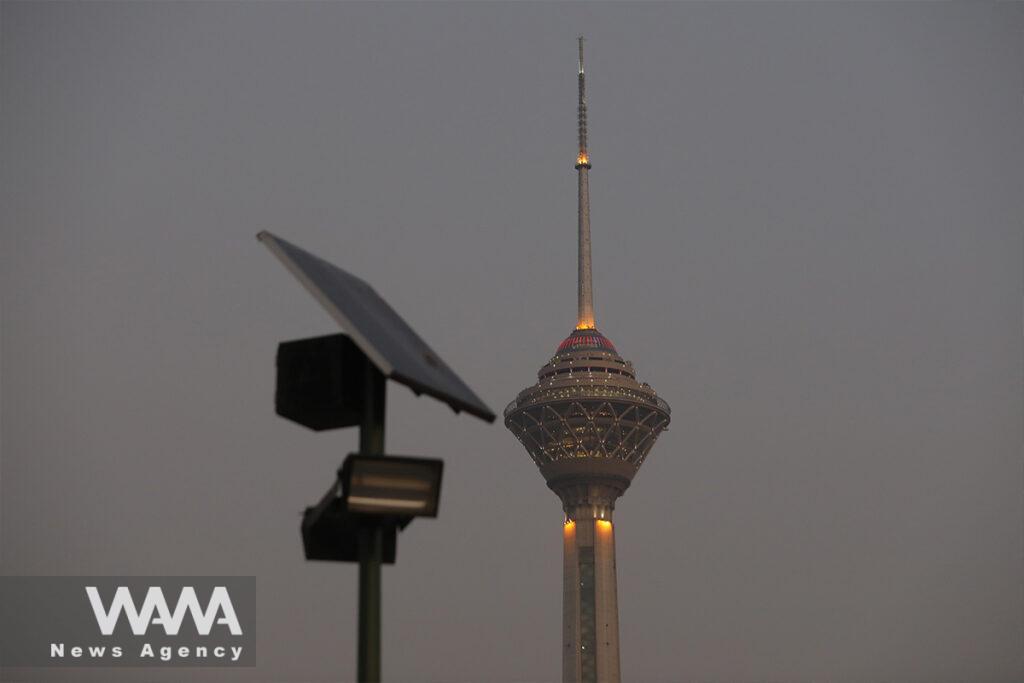Power Outages in Iran: A Crisis Unveiled
WANA (Aug 16) – In recent days, Iran has experienced a sharp rise in temperatures, leading to unprecedented electricity consumption and subsequent power outages.
On a recent Friday, power usage surged to 72,370 megawatts, a 9% increase compared to the same day last year.
This surge in demand, with a peak consumption rate adding 12,000 megawatts by midday, has resulted in unplanned and unannounced blackouts across various provinces, including Tehran, Khuzestan, Fars, Bushehr, and Alborz.
The Power Ministry has been forced to implement these blackouts without prior notice to manage the excessive strain on the electrical grid.
Tehran alone saw a 10% increase in electricity distribution compared to August of the previous year, highlighting the severity of the situation.
The unscheduled power cuts have caused a lot of disruptions, affecting daily life and industrial operations.
The public’s frustration is palpable, with citizens expressing their grievances through various media outlets.
Complaints range from the lack of mandatory closures for private companies during extreme weather conditions to the impact of water and power outages on families with young children.
One resident from Shahriar, a suburb of Tehran, shared their distress over nightly water cuts affecting their ability to care for an infant, emphasizing the toll on families.

A general view shows solar panels of a powerhouse in Tehran, Iran, October 11, 2020. Picture taken October 11, 2020. Majid Asgaripour/WANA (West Asia News Agency)
Another citizen criticized the handling of power outages, feeling neglected and unheard by the authorities.
A transparent and predictable power outage schedule could mitigate public dissatisfaction and help businesses and residents plan accordingly.
Additionally, investing in infrastructure to handle peak loads and promoting energy conservation practices are crucial steps to prevent such crises in the future.
The unscheduled blackouts, referred to by the Power Ministry as “unscheduled outages,” have left many areas of Tehran and other major cities without power for extended periods.
This lack of communication and preparation has intensified public outrage, with many questioning why these measures were not anticipated and managed more effectively.
These power outages in Iran reveal a pressing need for systematic improvements in energy management. The human stories behind the statistics emphasize the importance of addressing these issues with empathy and urgency, ensuring that all citizens are adequately informed and supported during such challenging times.
Recent Advancements in Iran’s Power Sector
The country’s electricity industry has demonstrated outstanding performance in production, setting new records in thermal electricity production. Notably, there has been an installation of a power plant unit in just eight months and the construction of 48 power plant units.
Additionally, 98% of the country’s power plants are remarkably ready, positioning the industry at the seventh rank globally in terms of electricity production. Over the past three years, 48 power plants have been constructed, including 14 steam units of combined cycle power plants, resulting in significant daily gas savings.
Iran’s Standing in Regional and Global Electricity Production
Currently, Iran produces approximately 83 gigawatts of electricity annually, positioning itself as one of the largest electricity producers in the Middle East. According to the latest studies, Iran is a prominent electricity producer and is known for exporting electricity to neighbouring countries.

Milad tower and a solar panel are seen in Tehran, Iran, October 13, 2020. Picture taken October 13, 2020. Majid Asgaripour/WANA (West Asia News Agency)













